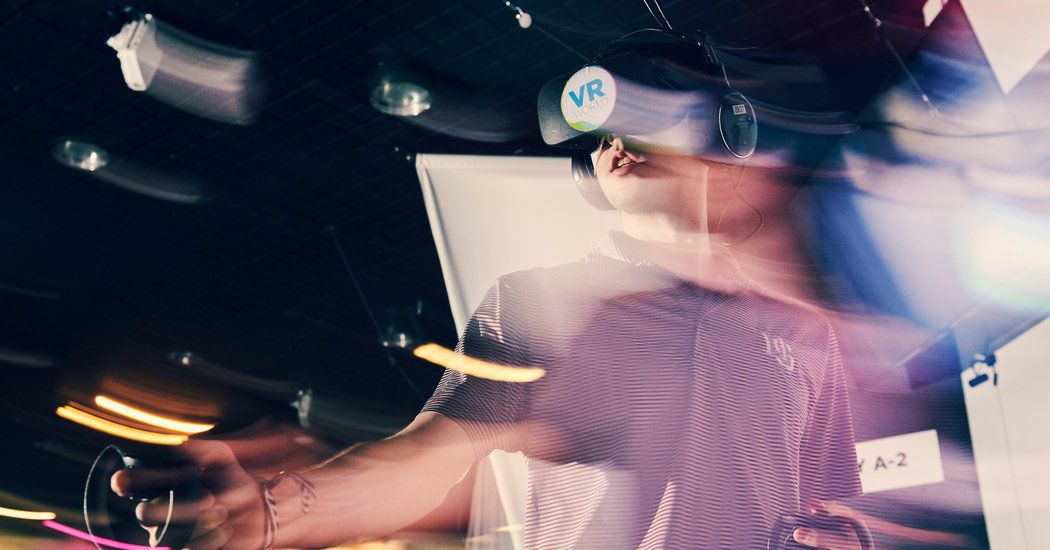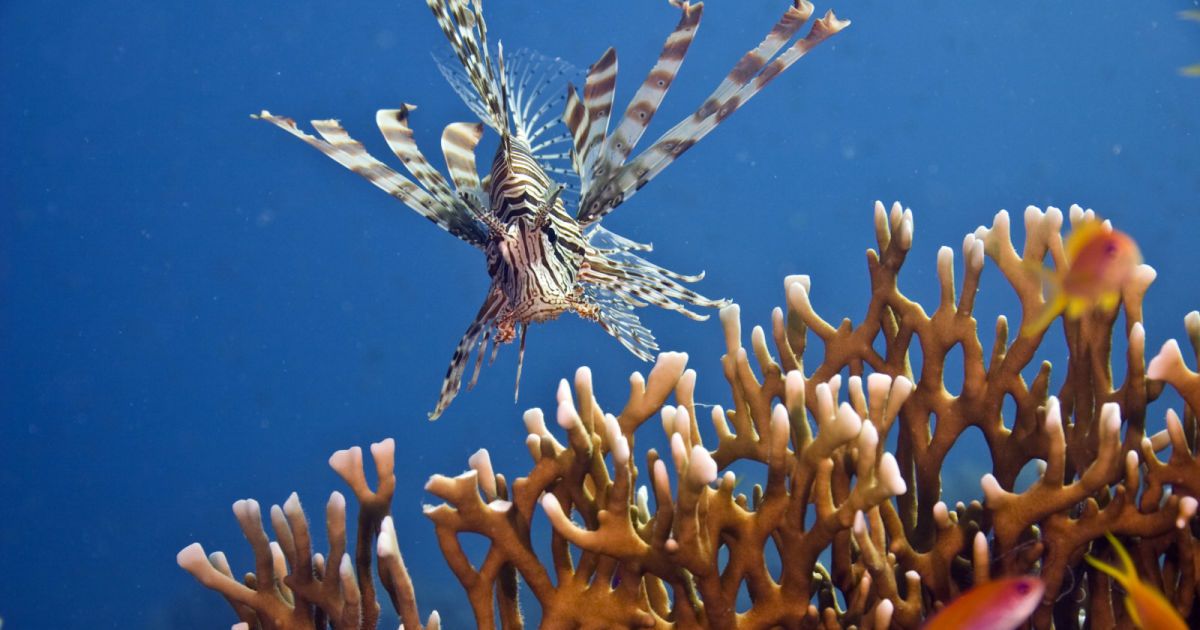There’s no doubt traveling the solar system would be an amazing experience, but how long would it take?
Get the latest international news and world events from around the world.

Study Shows Telomerase Gene Therapy Does Not Increase Cancer Risk
Researchers have demonstrated that telomerase gene therapy does not increase the risk of cancer, even in strains of mice that are particularly susceptible to cancer [1].
A tale of telomeres
Short telomeres trigger cellular senescence and are thought to be one of the primary hallmarks of aging, which has led to various researchers seeking ways to restore the telomeres in order to prevent cells from dying and to encourage division and tissue regeneration. We won’t go over the basics of telomeres and how they influence aging here, but if you would like to learn more, check out our telomeres article, which explains it all.


Tesla’s Semi truck is traveling cross-country ‘alone’
Tesla’s Semi truck has already made some city-to-city trips, but how does it fare on cross-country jaunts — you know, what it’ll be doing when it enters service? Just fine, if you ask Elon Musk. In response to an Electrek piece on the Semi’s latest visit (to Arkansas trucking behemoth J.B. Hunt), the CEO noted that the Semi has been traveling thousands of miles entirely by itself, using the existing Supercharger network. The only necessary help is an “extension cord” to help the truck plug in. To be exact, it’s a system of cords that plugs into multiple stations at once to top up the Semi’s giant battery before the company’s Megachargers come online.
That solo travel is likely meant in part to reassure customers (including J.B. Hunt) that the Semi is already capable of handling long-distance trips without escorts. However, it does leave a few open questions. How long does it take to top up using Superchargers, and how likely is it that drivers could rely on them when Megachargers aren’t available? While it’s easy for a Tesla-operated truck to cross the US using the existing framework, it’d be another matter with thousands of third-party trucks in service. This is a significant step toward the Semi hitting the road in earnest, but there are many more steps to go.
What’s cool is that it was driven across the country alone (no escort or any accompanying vehicles), using the existing Tesla Supercharger network and an extension cord— Elon Musk (@elonmusk) August 25, 2018

We Are Merging With Robots. That’s a Good Thing
https://paper.li/e-1437691924#/
The old boundaries of the human self are being blurred by technology. The risks are real, but the potential is astounding.
Tidal energy turbine company is showing good results
Scotrenewables Tidal Power, a Scottish engineering company, is focused on an energy source they call “tidal energy generation.” A video promoting their solution: They have plenty to show for their efforts, namely, the world’s most powerful operational tidal turbine, the SR2000 2MW.
A reduction in manufacturing and installation costs plus simple, quick and low cost maintenance strategies will be key to success.
The company release said, “Scotrenewables Tidal Power has set another record with its first 2MW floating tidal stream turbine with the unit clocking up over 3GWh of renewable electricity in its first year of testing at the European Marine Energy Centre (EMEC) in Orkney, Scotland.”

Expert meet at new UN-hosted talks about ‘killer robots’
GENEVA (AP) — Experts from scores of countries are meeting to discuss ways to define and deal with “killer robots” — futuristic weapons systems that could conduct war without human intervention.
The weeklong gathering is the second this year at U.N. offices in Geneva to focus on such lethal autonomous weapons systems and explore ways of possibly regulating them, among other issues.
Some top advocacy groups say governments and militaries should be prevented from developing such systems, which have sparked fears and led some critics to envisage harrowing scenarios about their use.

What Is Nothing? Martin Rees Q&A
This article was originally published at The Conversation. The publication contributed the article to Space.com’s Expert Voices: Op-Ed & Insights.
Philosophers have debated the nature of “nothing” for thousands of years, but what has modern science got to say about it? In an interview with The Conversation, Martin Rees, Astronomer Royal and Emeritus Professor of Cosmology and Astrophysics at the University of Cambridge, explains that when physicists talk about nothing, they mean empty space (vacuum). This may sound straightforward, but experiments show that empty space isn’t really empty – there’s a mysterious energy latent in it which can tell us something about the fate of the universe.
Rees was interviewed for The Conversation’s Anthill podcast on Nothing. This Q&A is based on an edited transcript of that interview.


Spear-toting robot can guard coral reefs against invasive lionfish
Lionfish are threats to not only fragile coral reef ecosystems, but the divers who keep them in check. They not only take advantage of unsuspecting fish populations, but carry poisonous spines that make them challenging to catch. Student researchers at Worcester Polytechnic Institute may have a solution: robotic guardians. They’ve crafted an autonomous robot (below) that can hunt lionfish without requiring a tethered operator that could harm the reefs.
The bot attaches to an existing submersible robot and relies on computer vision (trained with thousands of photos) to spot examples of the invasive species and jab them with one of its eight spears. Each spear tip is detachable and buoyant, so any successful kill sends the fish to the surface. The machine is well-suited to the realities of the ocean, too — it’s both resistant to saltwater corrosion and uses an airtight chamber to maintain buoyancy after every spear use.
WPI’s automaton isn’t ready for service yet. A follow-up group of students will work on a navigation system that can help the robot create a 3D search grid. If that’s successful, though, the robot could become a valuable part of reef defense that spares humans from getting involved until (and unless) they have no other choice.